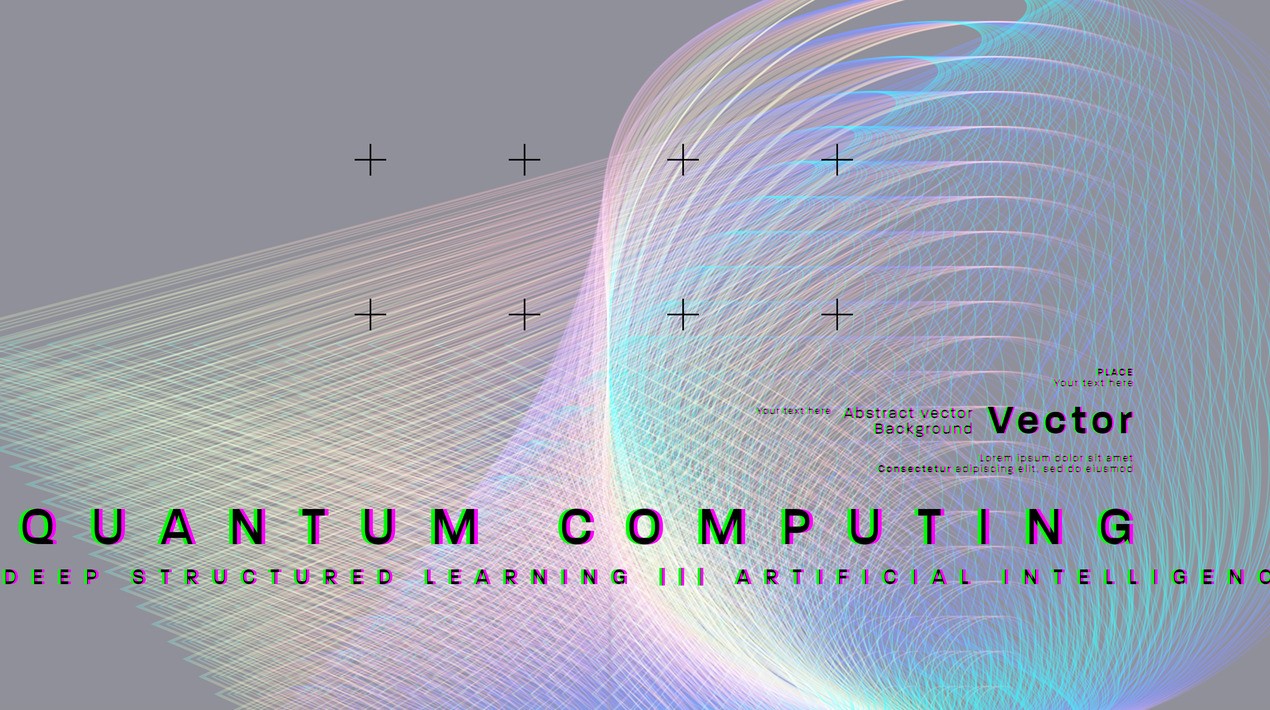
In a major development, scientists have identified a model system of quantum critical points aimed at advancing the comprehension of new materials. This innovative model system promises to shed light on the peculiar behaviours exhibited by materials near quantum critical points, potentially revolutionising our understanding of entanglement and quantum computing.
While traditional frameworks like density functional theory have facilitated the understanding of well-studied materials such as silicon, the complexity of emerging materials like transition metal oxides presents significant challenges.
These materials, including manganates, ruthinates, and iridates, exhibit unique properties and sensitivities to small perturbations, holding immense promise for advanced applications in devices like sensors, GPS, and memory RAM.
Led by Prof. N. S. Vidhyadhiraja from the Jawaharlal Nehru Centre for Advanced Scientific Research (JNCASR), researchers embarked on a study focused on “local quantum criticality,” a phenomenon observed in certain materials. Their findings, published in Physical Review B were supported by the Science and Engineering Research Board (SERB), an institution under the Department of Science and Technology (DST), now subsumed into ANRF.
Prof. Vidhyadhiraja underscores the significance of their research in quantum many-body physics, emphasising the concept of emergence in condensed matter. He explains, “Similar to the collective behaviour seen in bees, birds, and ants, the behaviour of electrons in materials is dictated not by individual electrons but by their collective interactions. Environmental factors like temperature play a crucial role in determining the final material properties.”
The study delves into vanadium oxide, a material known for its dramatic transition from insulator to metal in response to minute changes in pressure or temperature. Beyond its conductivity shift, vanadium oxide also changes its optical properties, transitioning between opaque and transparent states in reaction to various stimuli.
Specifically, the research focuses on quantum critical metal-insulator transitions occurring at zero kelvin. By analysing a model system known as the “modified periodic Anderson model (MPAM),” researchers identified a distinct energy distribution pattern termed the “soft-gap spectrum.”
This unique phenomenon emerges precisely at the critical point where the material transitions from being a metal to an insulator, offering invaluable insights into quantum criticality.
Prof. Vidhyadhiraja highlights the potential implications of these findings, stating, “Our discoveries pave the way for characterising quantum criticality and deciphering unusual material behaviours near quantum critical points. This study holds promise for unravelling the mysteries of entanglement and potentially advancing quantum computing.”
In line with this recent breakthrough in identifying a model system of quantum critical points to enhance our understanding of new materials, Dr Neeraj Mittal, Secretary of Telecom and Chairman of the Department of Telecommunications (DoT) emphasised the indispensable role of standards in fostering technology adoption and ensuring commercial viability.
This resonates powerfully with the commendable efforts of the Telecommunication Engineering Centre (TEC) in setting standards for Quantum Key Distribution (QKD), underscoring the pivotal contribution of such initiatives in pushing the boundaries of quantum technology.
He commended the commendable efforts of the Telecommunication Engineering Centre (TEC) in establishing standards for Quantum Key Distribution (QKD), recognising the significant impact of such initiatives in advancing quantum technology, exemplified in the development of the new model system of quantum critical points.
India is actively pursuing global leadership in the quantum field, as highlighted during the second meeting of the Indo-French Joint Committee of Science and Technology (JCST). The meeting underscored the effectiveness of collaborative efforts through initiatives like the Indo-French Centre for the Promotion of Advanced Research (CEFIPRA), highlighting its role in fostering partnerships across various domains including Interdisciplinary Cyber-Physical Systems (ICPS), health, clean energy, artificial intelligence (AI), quantum technologies, and advanced materials.
















